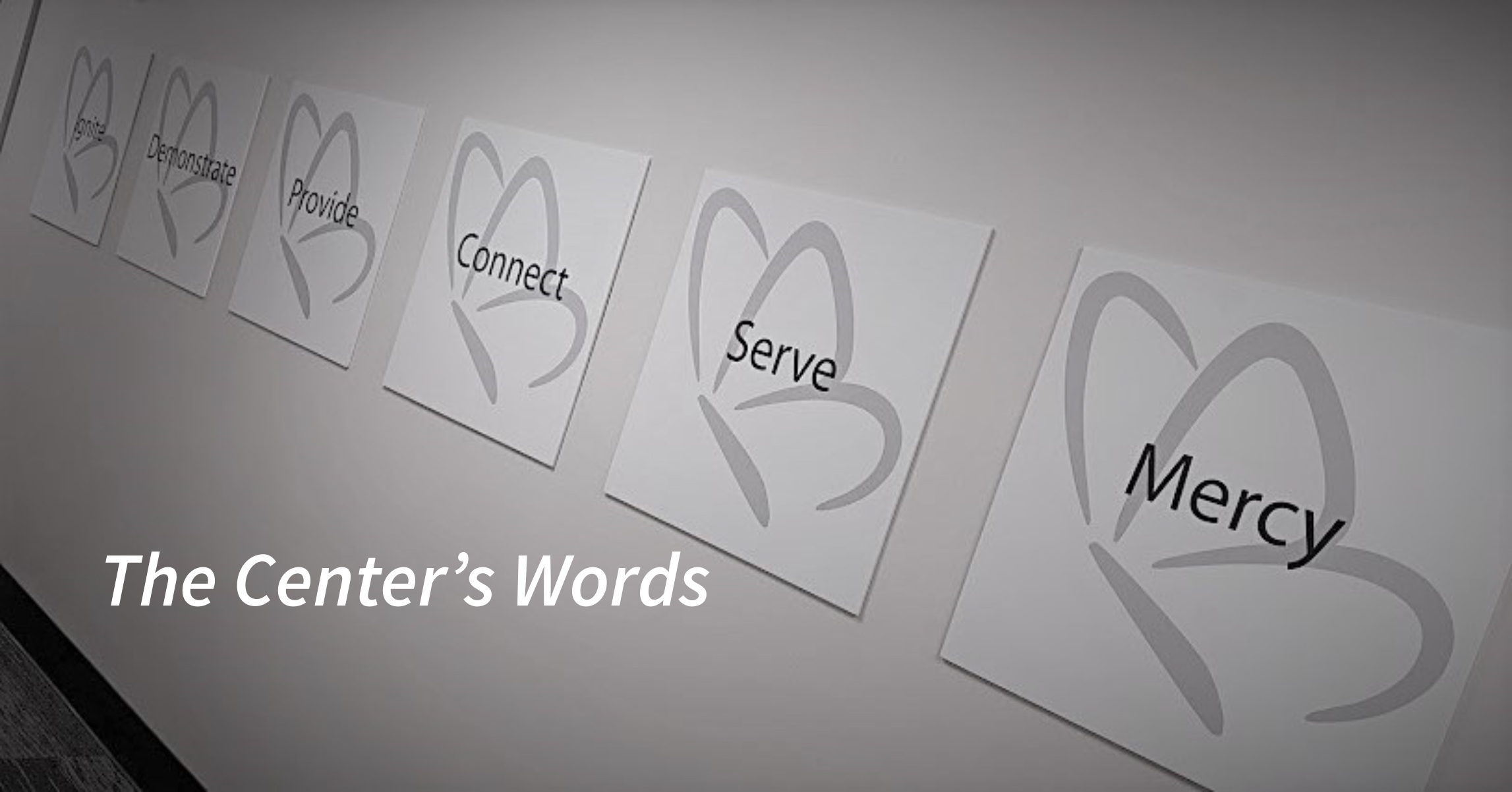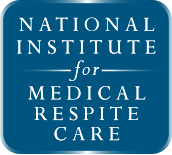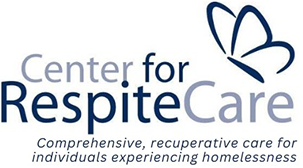
Yes, we are Part of the National Conversation About People Experiencing Homelessness.
Several members of The Center for Respite Care team and I participated in a recent prestigious national conference. This was coordinated by the National Institute (The Institute) for Medical Respite Care and PCORI. The subject was “the complex medical needs of people experiencing homelessness.” This gave us a seat at an important table to learn more about care for our clients.

Importantly, the Institute, the Center, and others like us shared ideas and learned about best practices:
“Medical respite/recuperative care is a unique and growing health care and transitional housing service for persons experiencing homelessness. Although it is a relatively new intervention, there is already emerging evidence to support and inform best practices for delivering care within medical respite/recuperative care settings.” (The Institute)
Our participation included discussions with other care providers. This gave my team access to review case studies (across a diverse group of people) and confirmed that it is essential that medical respites perform the following:
- Establish medical partnerships
The Center partners with area hospitals to ensure the best care for our clients. This includes sharing records, learnings, and real-time data. Further, our physician works with other “like” organizations and can use his knowledge across the population.
- Complete clinical assessments upon entry
Our staff are well-versed and well-educated. Hence, our nurses, doctor, social workers, and case managers can combine knowledge to give a full assessment of each client.
- Relationship development is important for therapeutic success
I am proud of my team and the relationships that they build with our clients. The clients are open and direct – as is our staff. They develop relationships with their “care-givers” as well as with other clients. When clients are discharged from the Center, they often maintain contact with the Center and each other.
- Set realistic & practical treatment goals
It is up to our medical, case management and frontline staff members to work with each client to determine what is feasible and realistic. This includes the type of goals and housing that will work for everyone. Our case managers have decades of experience and can work through each complex situation with the client. We are pleased with the success and outcomes for many of our clients.
- Medication adherence, reconciliation, education
It is critical that our team works diligently with each client to ensure that they are committed to their medication schedule and that the client understands why specific medications are vital and necessary. These processes are put into place during the time that the client is in our care.
- Self-care education is key (especially with chronic conditions like diabetes)
Each client is taught responsibility for their own life and health. My staff often reports that they are impressed as they see the client’s own learning about their health and well-being. This process begins at the Center and continues as the client moves on to long term and stable placement.
- Everyone needs a “Medical Home”
We believe that everyone needs the “one” physician who can centralize the individual’s medical history and care. This process begins when the client is admitted to the Center and continues upon departure.
I am pleased that my team was able to participate with other experts. I am also heartened as we learn that much of what we do is aligned with best practices. Much gratitude and thanks go to the hard-working members of the staff for their commitment to our clients.

